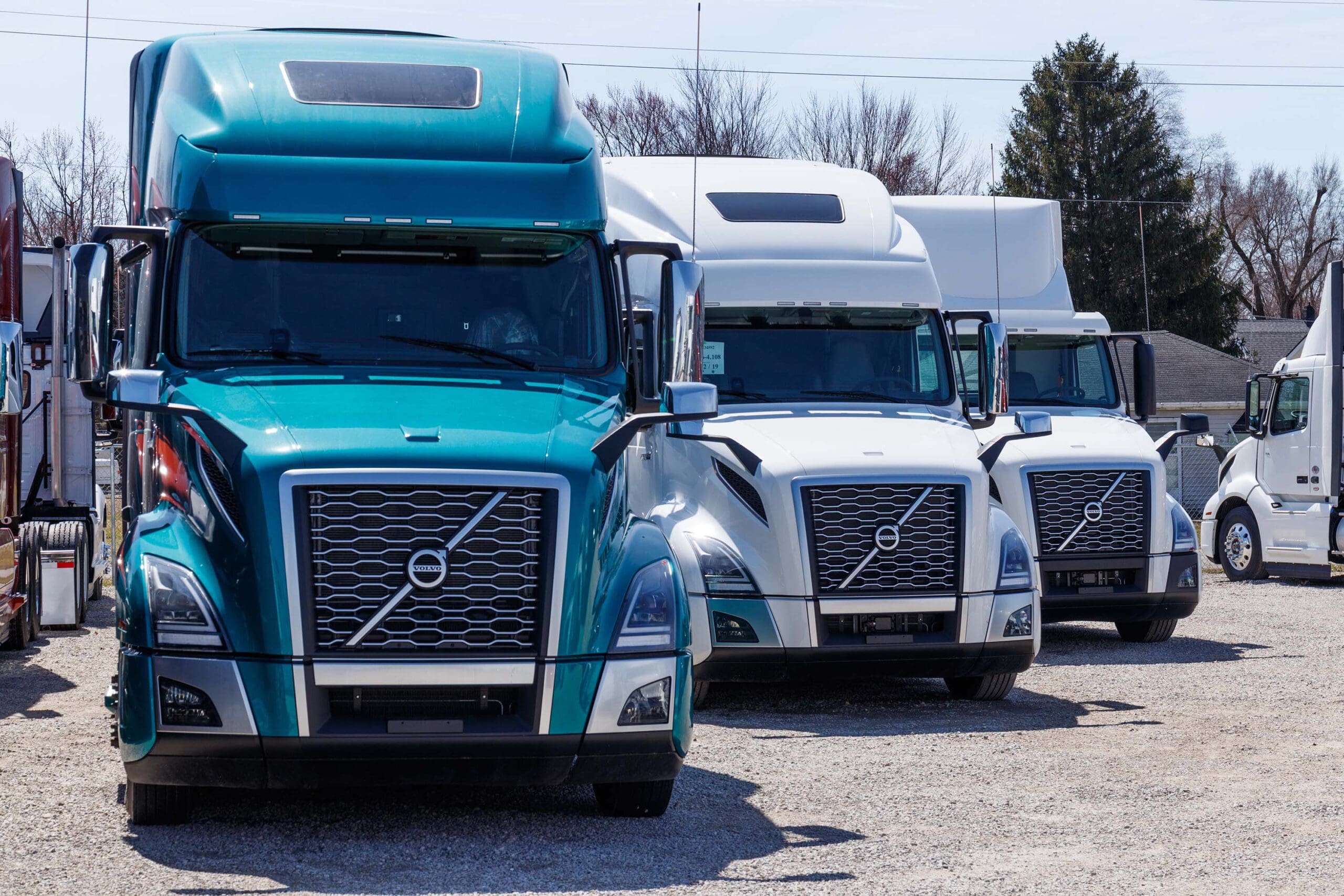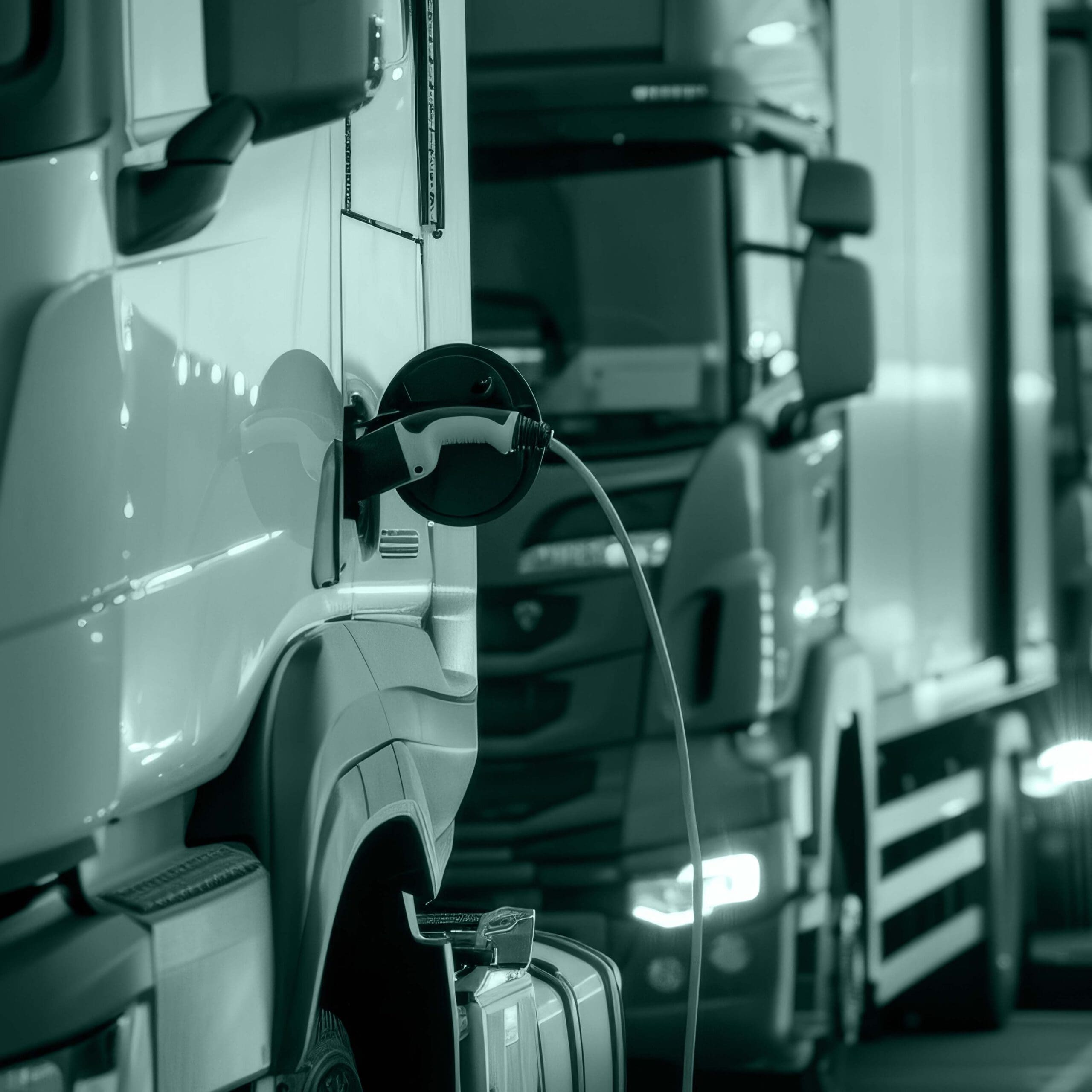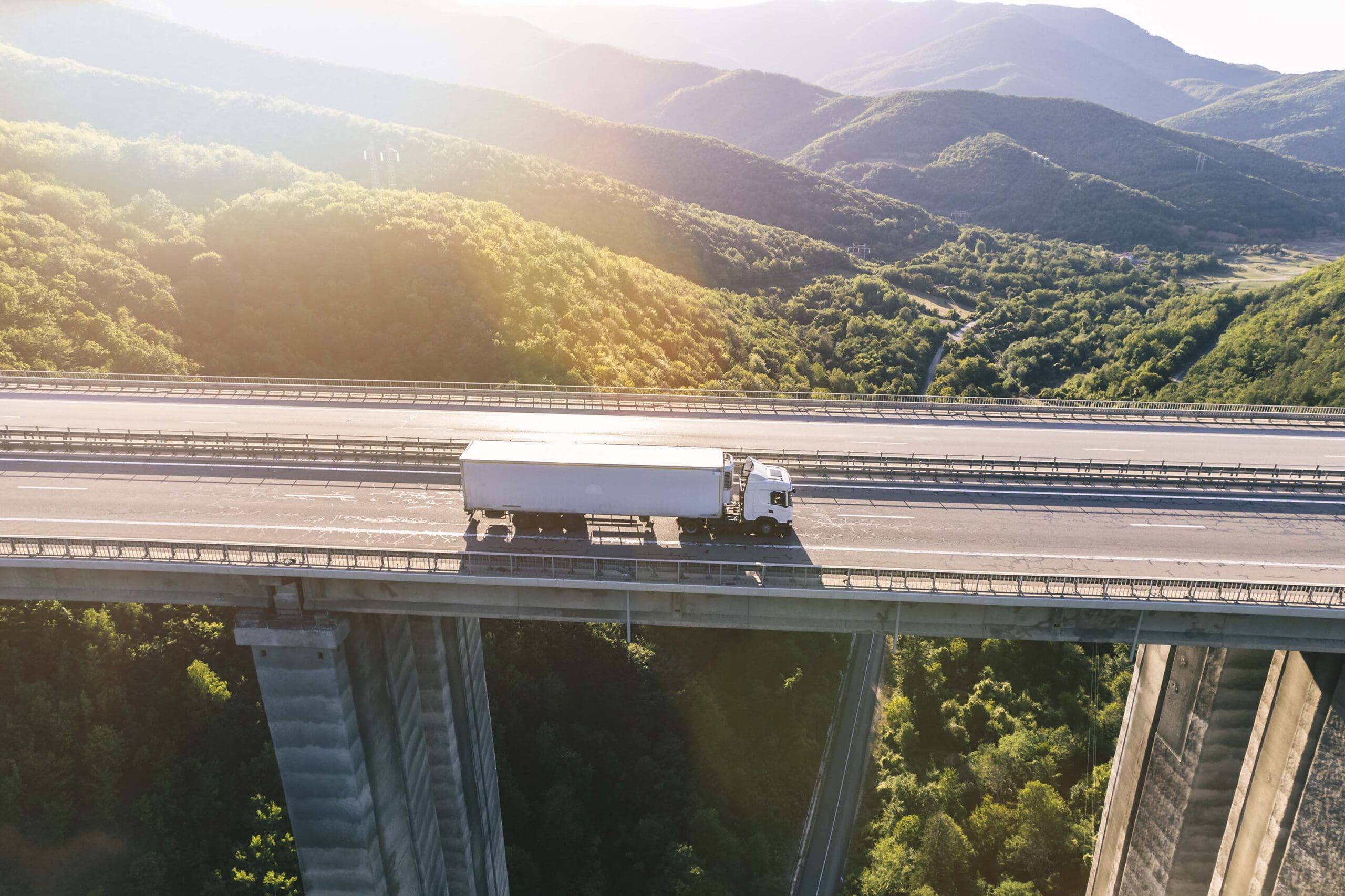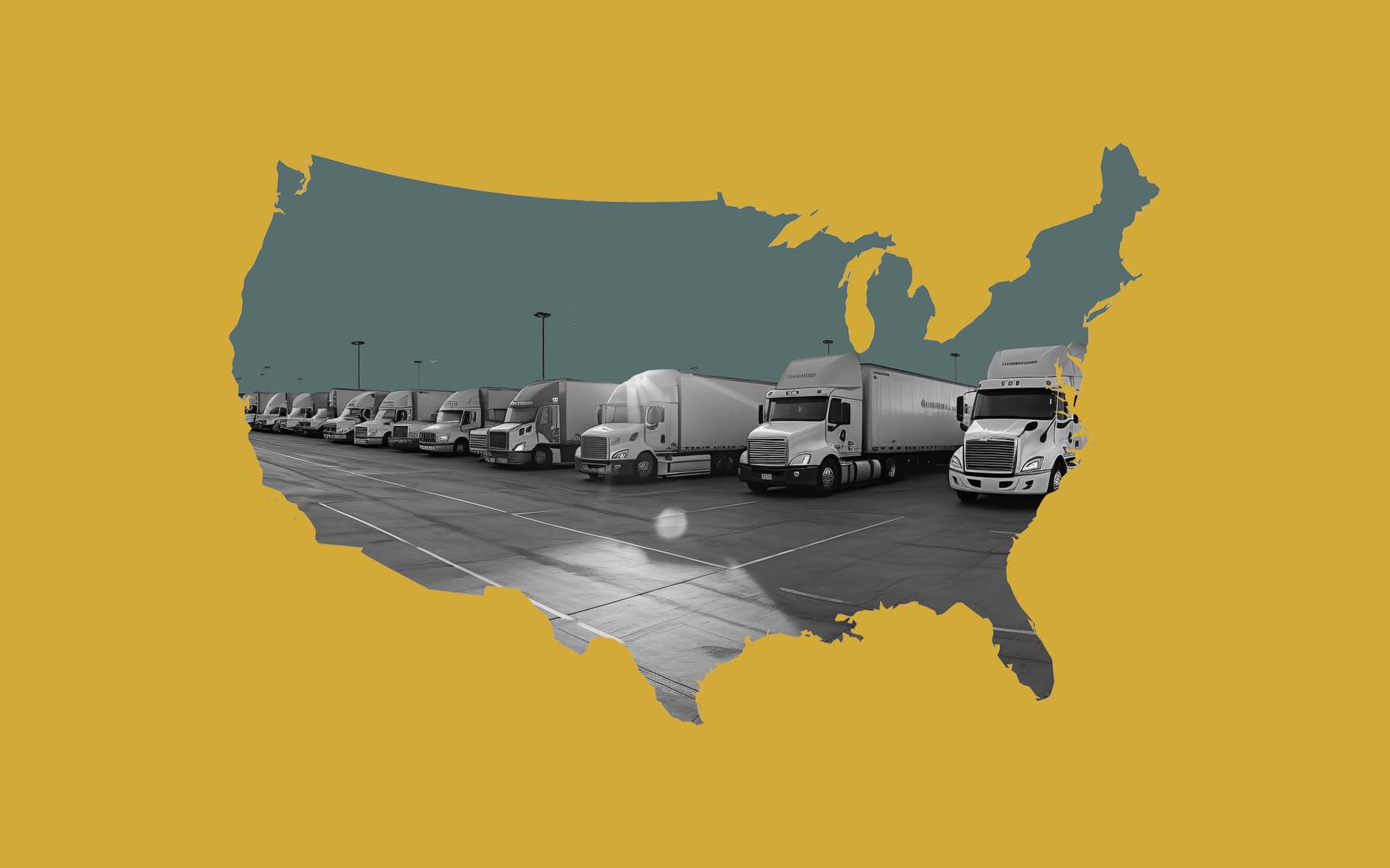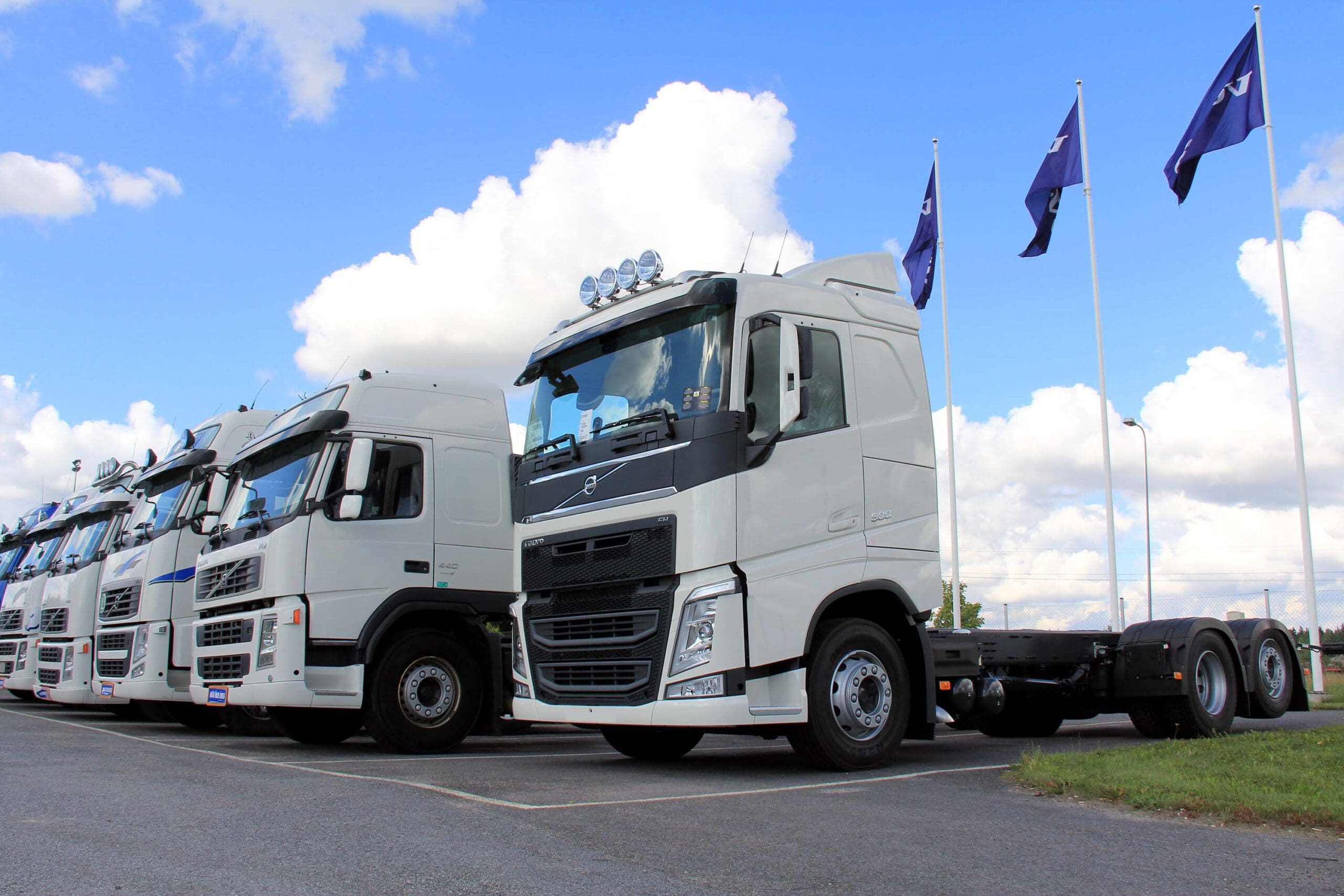
Volvo Group positions itself as a climate leader, but its words don’t match its actions. In 2019, Volvo became the first global automaker to produce heavy-duty electric trucks. This is a true achievement. Yet, the company continues to prioritize diesel trucks—missing a critical opportunity to lead the industry toward a cleaner future.
Company Name
Volvo GroupHeadquarters
SwedenBrands Owned
reported net sales in 2024
reported net profits in 2024
trucks delivered in 2024
of sales were electric trucks
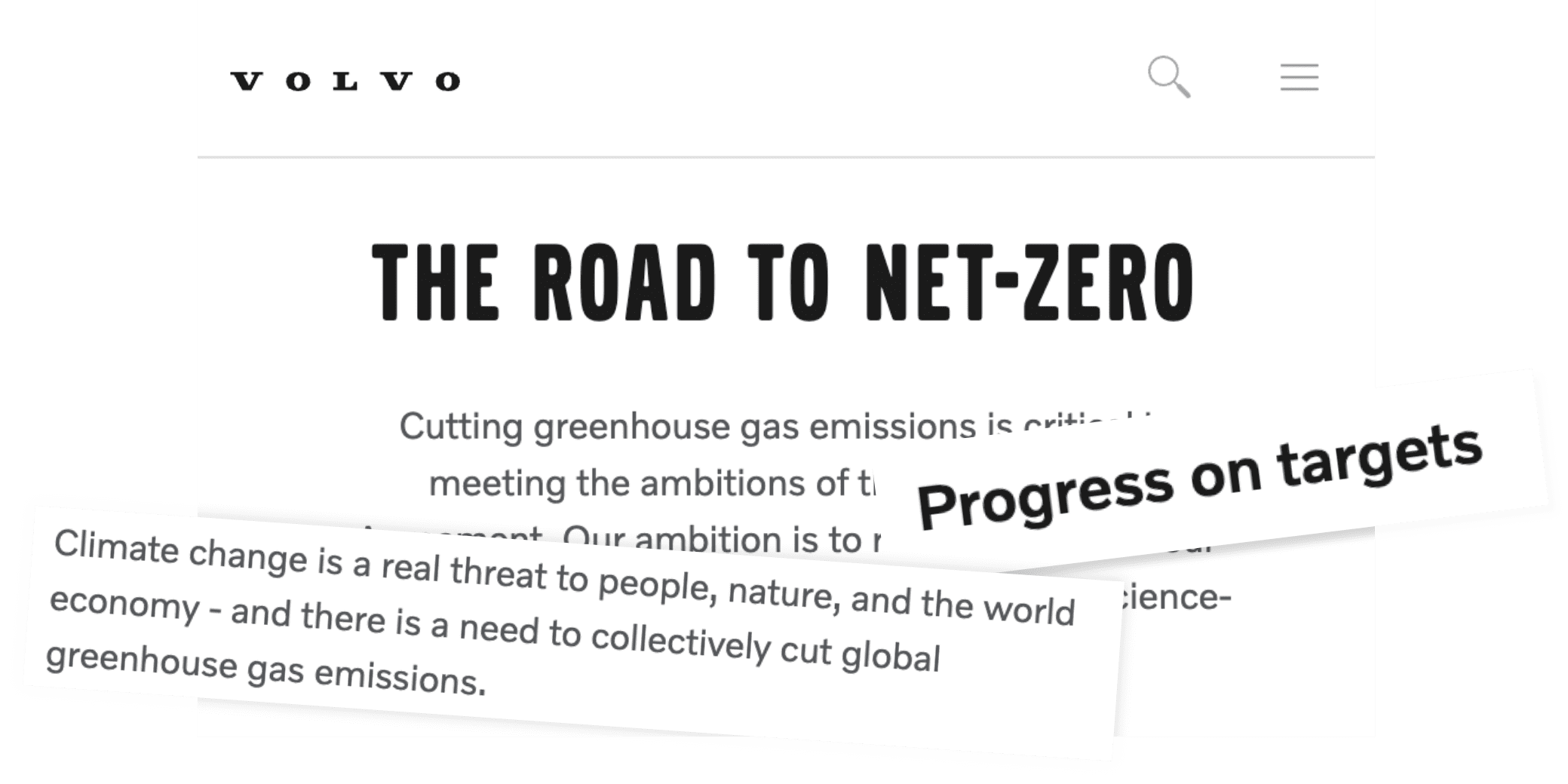
Excerpts from Volvo website.
Volvo: Keep your promises.
The Sweden-based automaker talks a big game about clean transport and ambitious electrification goals. Volvo executives tout sustainability for all—and, to its credit, the company has made some real progress. But the numbers tell a different story. In 2023, just 1.4% of Volvo’s truck sales were electric, and by 2024 that percentage grew slightly to 1.7%. That means year after year, nearly 99% of its vehicles continue to pump toxic emissions into the air.
Volvo has proven that electric trucking is possible. Now it must scale this life-saving technology at the pace our world demands.
